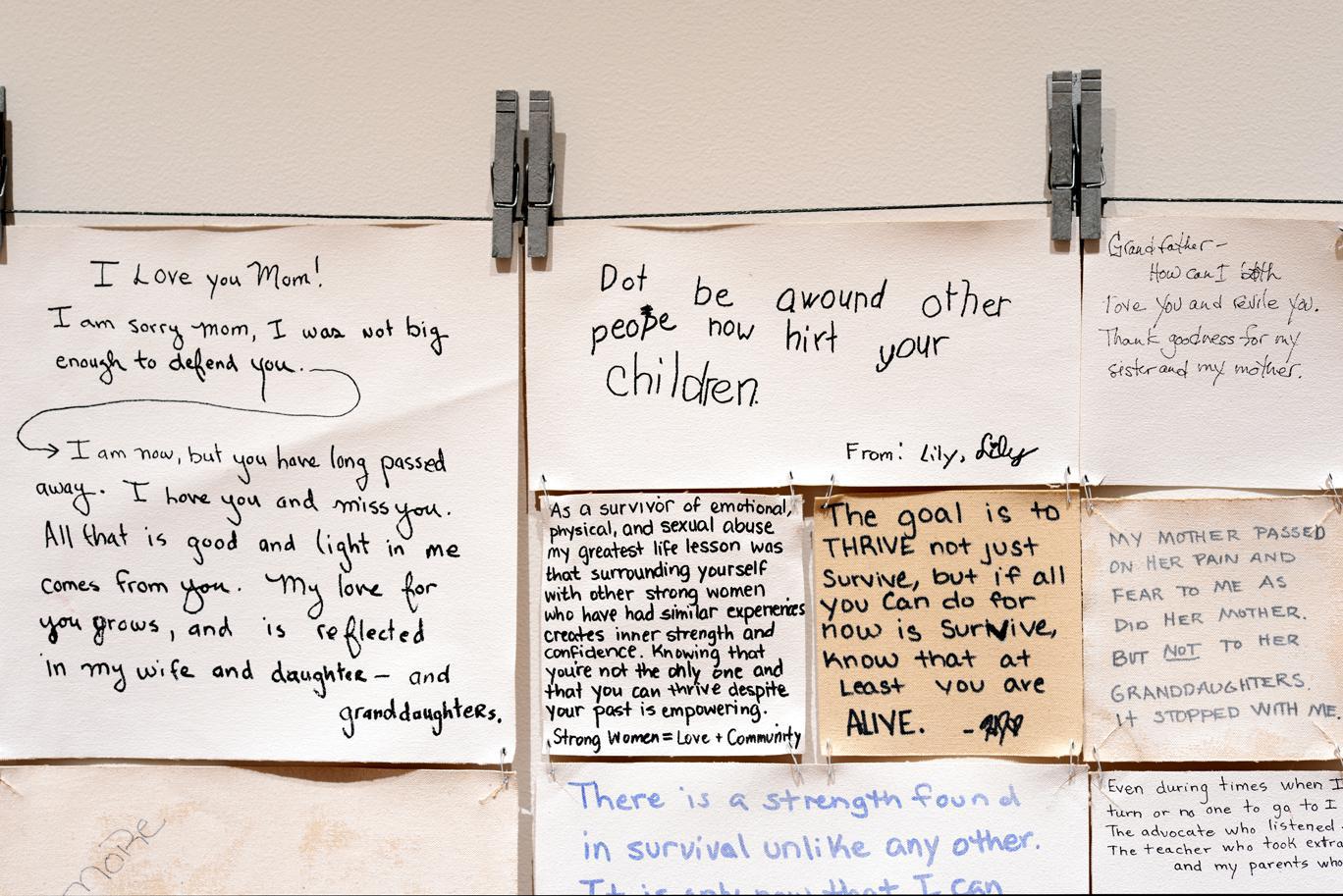
Alaska has one of the highest rates of sexual assault in the country, and Alaska Native women are more likely to be attacked than anyone else, according to the Department of Public Safety, which quietly released a report on Alaskan sex crimes last month.
Fifty-four percent of Alaska’s sexual assault victims are Alaska Native, the report says, even though Alaska Native people comprise only 20 percent of the state’s population.
The study analyzed allegations of rape, child sexual abuse and other felony sex offenses reported to Alaskan law enforcement in 2016.
It also found that 47 percent of the suspected attackers are Alaska Native as well, and that Western Alaska has higher rates of sexual abuse than any other region.
“I wasn’t surprised at all at these statistics,” said Monica Charles, a Tundra Women’s Coalition board member. “If anything, I’m surprised by how long it takes to come up with these numbers to shock people into action.”
If anything, she said, the numbers in the study seem low.
Sex crimes are famously underreported.
Charles said that there are several reasons that the sexual assault rates are so high in Alaska Native communities.
Rural Alaskans have less access to public safety and law enforcement, which can leave people vulnerable to certain kinds of crimes. High rates of alcoholism exacerbate the problem.
“I think people who are abusing alcohol are at a greater risk of exhibiting concerning behaviors that lead to domestic violence, or suicide, or sexual assault,” Charles said.
Regardless of their ethnicity, Alaskans are assaulted at a young age.
According to the report, the most common victim of a sex crime is a 14-year-old girl. She almost is always attacked by someone she knows.
Abusers target younger girls or boys because they’re vulnerable, said Michelle DeWitt, vice chair of the Council on Domestic Violence and Sexual Assault.
Finding someone vulnerable is foremost in their minds, and attackers sexually assault their victims to feel more powerful.
“When somebody no longer feels powerful themselves, you often see people attempting to feel more powerful by acting out with violence, whether that’s domestic violence or sexual assault,” DeWitt said. “When I see crimes that are truly about power, I think we can really link that back to disempowerment.”
According to both DeWitt and Charles, this feeling of disempowerment may be at the root of high sexual assault rates in Native communities.
Alaska’s Native cultures have been disrupted by Westernization; its Native people were systematically disenfranchised as Russia and the United States colonized their land.
That history is a tremendous source of trauma and grief, Charles said.
“It is woven into every facet of our lives in every community in Alaska if you are Alaska Native,” she said, as she started to cry. “Historical trauma is alive and breathing in my own daughters and in my son. It is something that is very real and it affects every part of society.”
It’s hard to know to fix this, but when it comes to addressing high sexual assault rates, Charles said that there are steps that communities can take.
“I think that having a safe place and knowing that people can talk about it just in general is a good place to start,” she said.
There are also behavioral health programs and support groups that survivors can turn to, including those offered by the Yukon-Kuskokwim Health Corporation, the Tundra Women’s Coalition, and the Bethel Family Clinic.
If you are a survivor of sexual assault and need immediate assistance, call Tundra Women’s Coalition 24-hour crisis line at 1-800-478-7799 or 1-907-543-3456.
